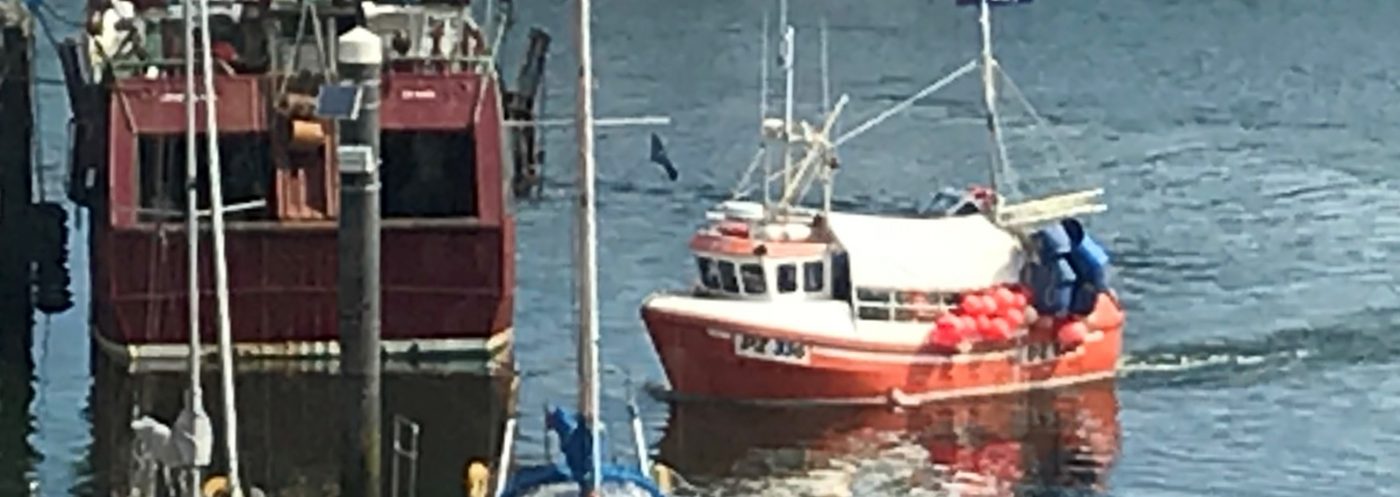The dispute over licences for EU vessels to fish within the UK 6-12-mile limit appears to be resolved, although whether this constrains the wilder rhetoric surrounding the issue remains to be seen.
Additional licences have been issued, but the UK has stuck to its position that licences to fish in the UK inshore zone will only be granted when there is sufficient evidence that each vessel meets the eligibility criteria of having fished within the UK 6-12 zone during a defined historic reference period. Technical discussions between the UK and the EU have resulted in some additional licences being granted – but others have not met the eligibility criteria and will not be licenced. This is entirely within the terms and spirit of the TCA. Technical level meetings have focused on separating difficult borderline cases from opportunists. There are those amongst the applicants who see the value of a licence endorsement to fish in UK waters but never used that right in the past. The technical level is where the matter should have stayed but wider political issues escalated the issue to the diplomatic level and in the media. The allocation of licences has also been complicated by the right of crown dependencies to apply their own management rules autonomously.
Belligerent Language and Wider Politics
The extraordinarily belligerent language used by the French government over the issue sparked a diplomatic incident earlier in the year. This rhetoric, however, owes more to domestic politics in France, and especially manoeuvring ahead of the impending presidential election, than anything connected to the intrinsic issues at stake. The generally poor relationship between the UK and France on a range of other issues including submarine contracts and Northern Ireland hasn’t helped.
Parts of the French fishing industry are likely to maintain their rhetoric on the issue and we can expect a certain amount of gesture politics from time to time. In part this is because the French industry was told, and appears to believe, that the TCA represents the CFP status quo when it does not. Licences to fish in UK inshore waters are conditional. More widely, regulatory autonomy (the ability for the parties to apply their own fisheries management rules to all vessels operating within their respective EEZ) are explicitly recognised by the TCA and will become more evident over time. In part the vitriol from France has also been an attempt to limit the UK’s evolution away from the CFP. It is inevitable, however, that UK’s fisheries regime will over time continue to diverge from the CFP, as fisheries management plans are developed and implemented. Threatening language can be expected each time the UK takes another step away from the body of retained EU fisheries law.
Replacement Vessels
It is important also that replacement vessels are limited to like-for-like if we are to avoid the emergence of a new class of oversized EU fishing vessel entering the UK 6-12mile limit to exploit the UK’s coastal fisheries. Both in terms of the TCA but also future sustainability it is important that this loophole is closed quickly. Our understanding is that a formula which constrains replacement vessel capacity is part of the deal reached with the EU.
Red Line
This time last year the UK fishing industry was bitterly disappointed by the terms of the TCA and the abandonment of an important red line that promised an exclusive 12-mile limit to protect our coastal fisheries – a normal right exercised by all other coastal states. It is worth remembering that the geo-political adjustments associated with the UK’s departure from the EU (including those related to fisheries) have only just begun. They will work themselves out over the next years and even decades. The UK’s legal status as an independent coastal state under international law will be a central reference point but much will also depend on the political alignments of the day.

